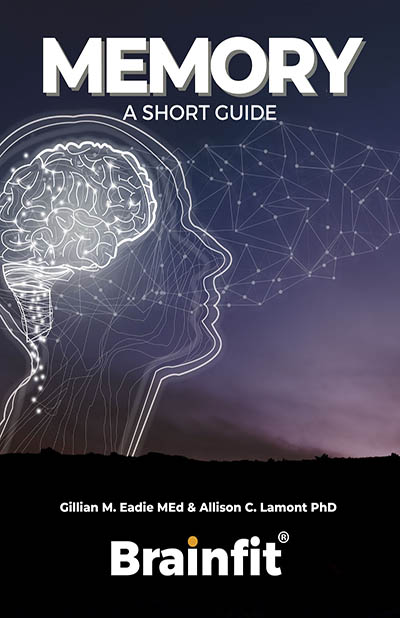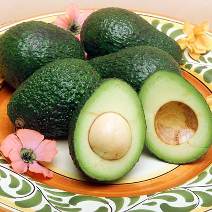 Yes! Avocados are great brain food, in moderation.
Yes! Avocados are great brain food, in moderation.
(See more about this below).
What you eat affects how well you think.
Just as your body needs to be in peak condition as you approach your 40’s and 50’s, to have a memory that keeps growing and never lets you down, your brain and its neurons need the right foods, also.
What you eat directly affects the performance of your brain.
Your intelligence, the way you move, your memory and even the beating of your heart, all rely on your brain cells.
Research has shown that by eating the right nutrients from food, you can:
- boost your IQ
- improve your mood
- be more emotionally stable
- sharpen your memory
- and keep your mind young
- your brain will have the power to think more quickly
- remember more effectively
- be better coordinated and balanced
- and have improved concentration
The alarming news is:
Food processing that takes place today, with ingredients that are actively bad for your brain and used in almost everything edible in the supermarket, it is increasingly difficult to make sure that the foods you are eating are the right ones. Check food labels.
Moderation is the key. Scientist, Dr Jian Guan advises us to eat 80% of what we think we need.
Think ‘balanced diet’ as you plan your meals for the week. Be sure to include at least 25 of the following in your shopping list.
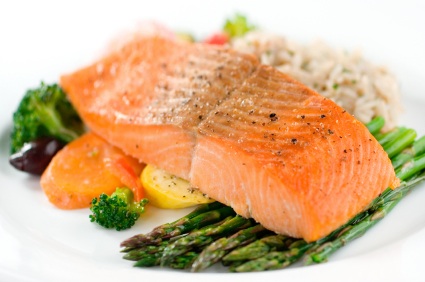 Lean Protein
Lean Protein
1. Fish – Salmon, tuna, mackerel, herring (also listed under fats)
2. Poultry – chicken and turkey (skinless)
3. Meat – lean beef and pork
4. Eggs – free-range and/or organic eggs are best
5. Tofu and Soy products
6. Dairy products – low fat cheeses, cottage cheese, low fat yogurt (sugar free)
and low fat or skim milk
7. Beans and lentils – also listed under carbohydrates
8. Nuts and seeds, especially walnuts – also listed under fats
Complex Carbohydrates
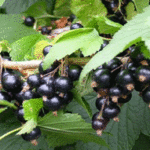 1. Berries – especially blueberries, black currants, raspberries, strawberries, blackberries
1. Berries – especially blueberries, black currants, raspberries, strawberries, blackberries
(keep frozen berries on hand as well)
2. Oranges, lemons, limes, grapefruit
3. Cherries
4. Peaches, plums
5. Broccoli, cauliflower, Brussels sprouts
6. Oats (the longer-cooking kind), whole wheat items,
wholemeal bread with at least 3 grams of fibre.
7. Red or yellow peppers (much higher in Vitamin C than green)
8. Pumpkin squash
9. Spinach – for salad or cooked, adds fiber and nutrients
10. Tomatoes
11. Yams
12. Beans – also listed under proteins
Fats
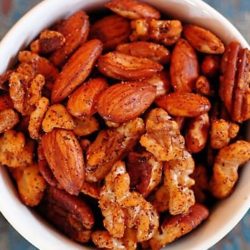 1. Avocados (great news for avocado fans!)
1. Avocados (great news for avocado fans!)
2. Extra virgin cold pressed olive oil
3. Olives
4. Salmon – also listed under protein
5. Nuts and Nut Butter, especially walnuts, macadamia nuts,
Brazil nuts, pecans and almonds – also listed under protein
Liquids
1. Water
2. Green or black tea
3. Coffee – the research is continuing on this popular beverage.
Remember to include minerals, too, as they are also critical to mental functioning and performance.
Magnesium and manganese are needed for brain energy. Sodium, potassium and calcium are important in the thinking process and they facilitate the transmission of messages. You’ll find these details on the food labels.
For more information, read Keep that Boomer Brain Growing
Any reader suggestions and stories? We love to have you share with our readers …..

